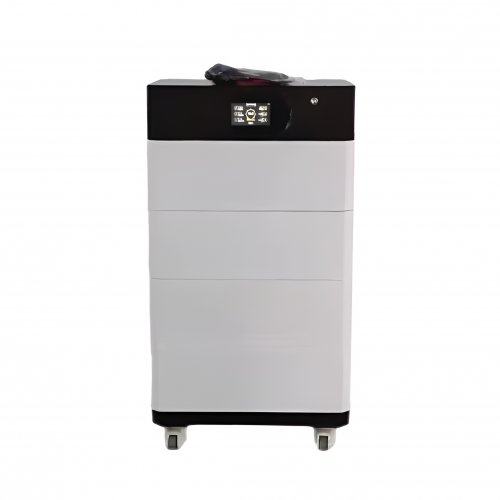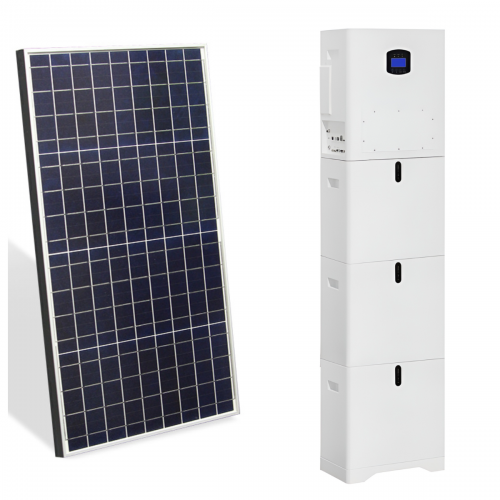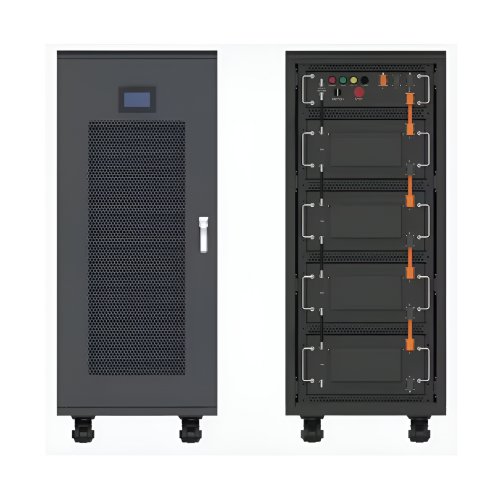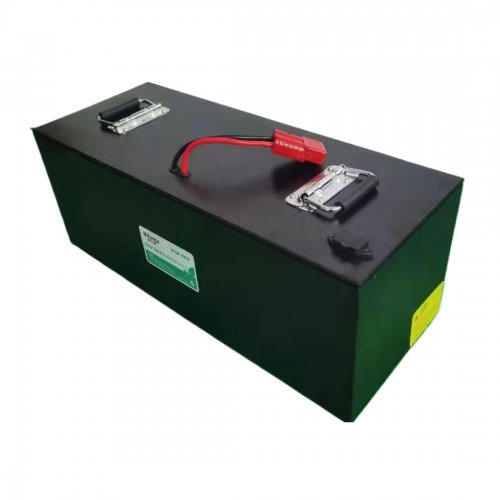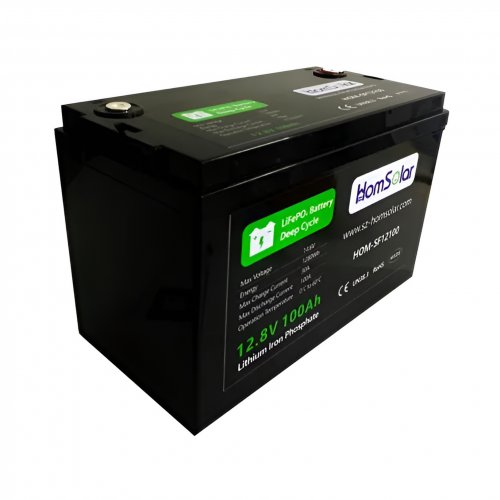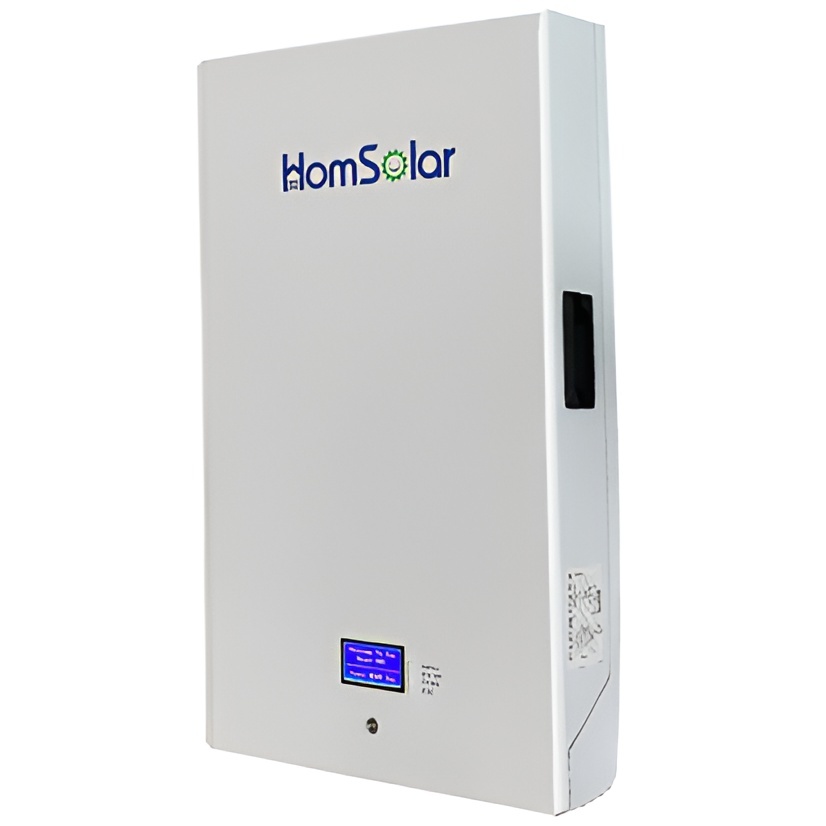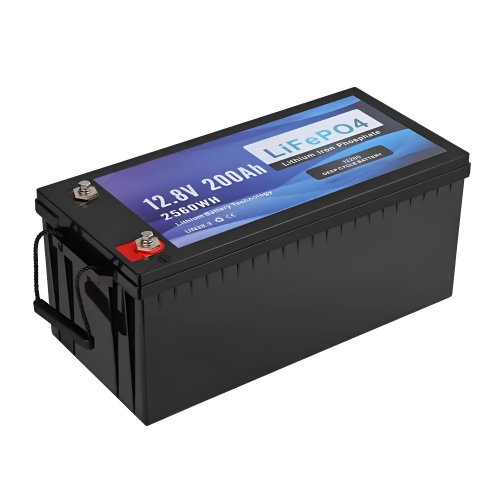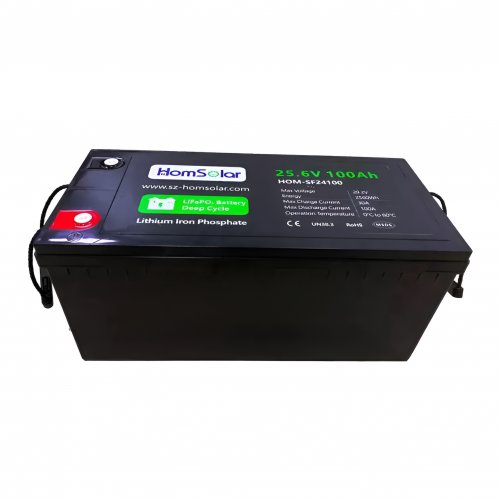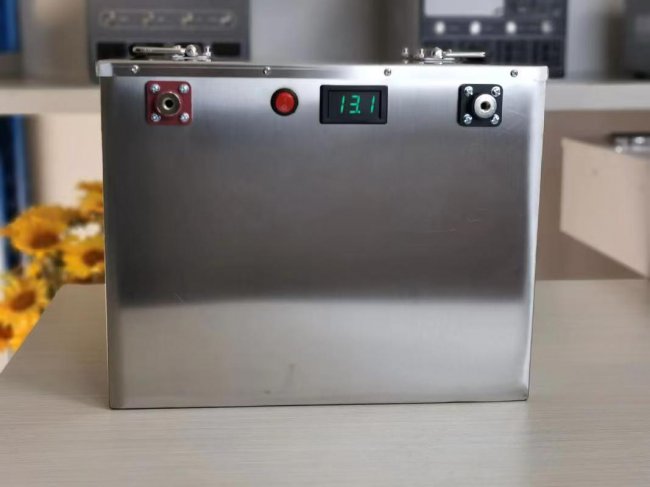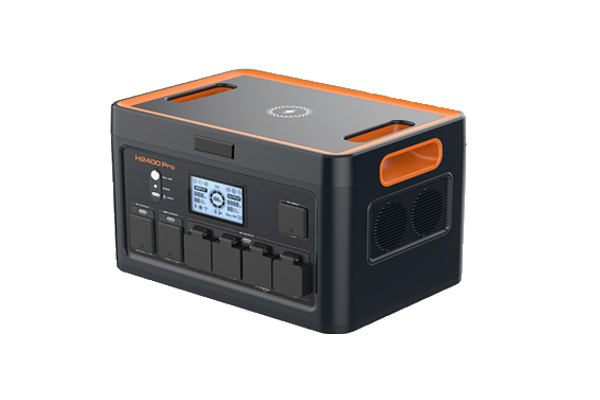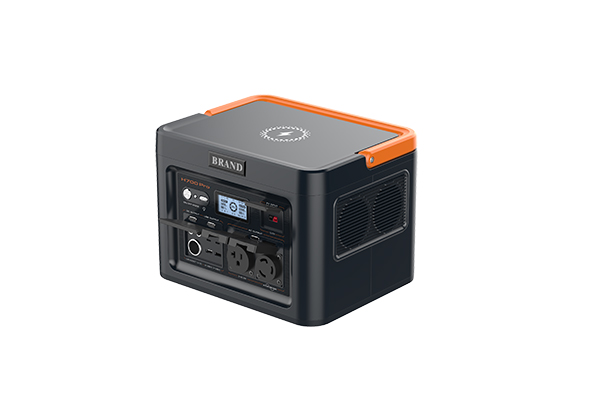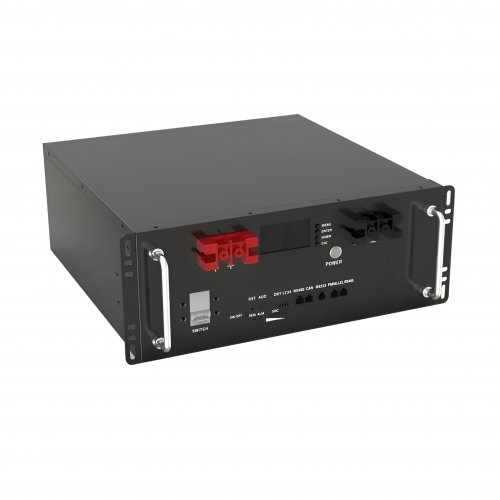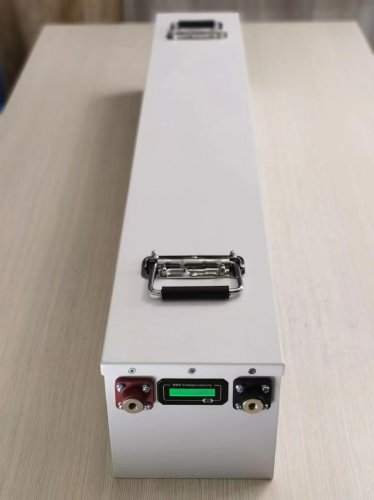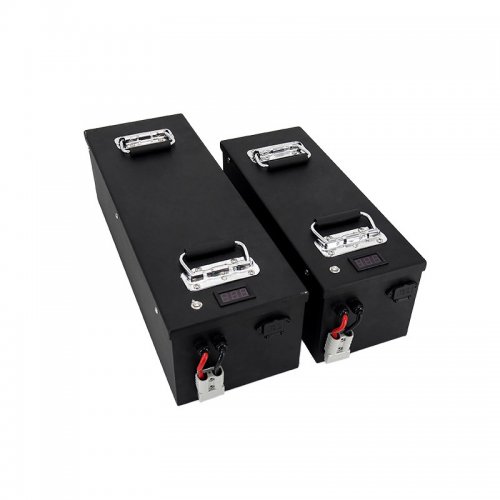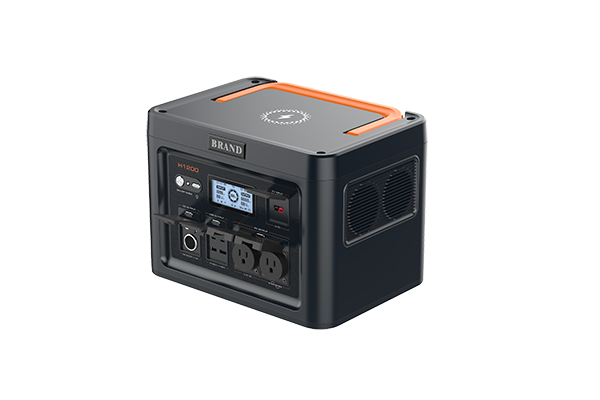Lifepo4 Comparison Review: Unmatched Safety And Longevity In Energy Storage
The quest for reliable, safe, and long-lasting battery technology has never been more critical, powering everything from renewable energy systems and recreational vehicles to essential backup power. Among the various lithium-ion chemistries, Lithium Iron Phosphate (LiFePO4) has emerged as a standout contender, often positioned against traditional lead-acid and other lithium variants like NMC (Lithium Nickel Manganese Cobalt Oxide). This comparative review delves into the core features, advantages, drawbacks, and real-world performance of LiFePO4 batteries to provide a clear, objective analysis for potential users.
Core Product Functionality
At its heart, a LiFePO4 battery serves the same fundamental purpose as any other battery: to store and discharge electrical energy. However, its internal chemistry based on lithium, iron, and phosphate defines its unique characteristics. These batteries are designed for deep-cycle applications, meaning they can be regularly discharged and recharged to a significant portion of their capacity without suffering immediate damage. This makes them ideal for use in:Solar Energy Storage: Storing power generated from solar panels for use at night or during low-light conditions.Marine and RV Applications: Powering appliances, lighting, and electronics off-grid.Uninterruptible Power Supplies (UPS): Providing seamless backup power for critical devices and home appliances.Electric Vehicles (especially golf carts and low-speed vehicles): Offering a robust and durable power source.Portable Power Stations: As the core battery in modern, high-capacity solar generators.
The primary function remains energy storage, but the LiFePO4 chemistry elevates this function with a specific focus on cycle life, thermal stability, and consistent power delivery.
The Advantages: Where LiFePO4 Truly Excels
When compared to its competitors, LiFePO4 batteries showcase several compelling advantages.
1. Exceptional Cycle Life: This is arguably the most significant benefit. A quality LiFePO4 battery can endure between 3,000 to 5,000 charge cycles while retaining 80% of its original capacity. In contrast, a lead-acid battery typically manages 300-500 cycles, and even other lithium chemistries like NMC often top out around 1,000-2,000 cycles. This translates to a vastly longer operational lifespan, often measured in years rather than seasons.
2. Superior Safety Profile: The LiFePO4 chemistry is inherently more stable. The strong phosphate-oxygen bond makes it far more resistant to thermal runaway, a dangerous condition that can lead to fires or explosions in other lithium-ion batteries, particularly when damaged or overheated. They are also much more resilient to overcharging and short-circuiting, providing significant peace of mind.
3. High Efficiency and Stable Voltage: LiFePO4 batteries boast a very low self-discharge rate and high charge/discharge efficiency, often exceeding 95%. This means less energy is wasted as heat, and they hold their charge for much longer when not in use. Furthermore, they maintain a consistently high voltage for the majority of their discharge cycle, ensuring that connected devices receive stable power until the battery is nearly depleted.
4. Lightweight and Maintenance-Free: They are significantly lighter than lead-acid batteries of comparable capacity, a crucial factor for marine and RV applications where weight is a premium. Additionally, they require zero maintenance; there is no need to check water levels or perform equalization charges, unlike with flooded lead-acid batteries.
The Disadvantages: Considerations Before Purchase
Despite their strengths, LiFePO4 batteries are not a perfect solution for every scenario.
1. Higher Initial Cost: The most immediate barrier for many consumers is the upfront cost. A LiFePO4 battery can be two to three times more expensive than a similarly rated lead-acid battery. However, this must be evaluated against its much longer lifespan, making it often more cost-effective over time (a lower "cost per cycle").
2. Lower Energy Density: Compared to other lithium chemistries like NMC, LiFePO4 has a lower energy density. This means that for a given physical size and weight, an NMC battery might store more energy. For applications where maximizing runtime in the smallest possible package is the absolute priority (e.g., high-performance electric vehicles), NMC may still hold an advantage.
3. Performance in Extreme Cold: While generally robust, LiFePO4 batteries cannot be charged at temperatures below freezing (0°C / 32°F) without an integrated heating system or external warming. Charging in sub-zero conditions can cause permanent damage. Discharging is possible at lower temperatures but with reduced capacity.
Actual Usage Experience
In practical terms, using a LiFePO4 battery is a noticeably different experience from using older technologies.
For a solar power user, the difference is profound. Where a lead-acid battery bank would require careful monitoring of discharge depth to avoid shortening its life, a LiFePO4 system can be routinely discharged to 80-90% of its capacity without concern. This effectively makes more of the battery's rated capacity usable on a daily basis. The lack of maintenance is a huge quality-of-life improvement, eliminating the periodic chore of checking specific gravity and topping off with distilled water.
In an RV or marine setting, the weight savings directly translate to better fuel efficiency and increased payload for other gear. The stable voltage means that appliances, particularly induction cooktops and water pumps, run more consistently without the dimming lights or sluggish performance often experienced as a lead-acid battery drains.
The integration with Battery Management Systems (BMS) is seamless in most modern units. The BMS protects the battery from over-voltage, under-voltage, over-current, and short circuits, making the system largely "set-and-forget." Users can monitor state of charge and health via a Bluetooth app, providing a level of insight and control that was previously unavailable.
Objective Conclusion
The LiFePO4 battery represents a mature and highly capable energy storage solution. Its value proposition is clear: pay more initially for unparalleled safety, a dramatically extended lifespan, and hassle-free operation. It is an objectively superior choice to lead-acid in virtually every deep-cycle application, provided the budget allows for the initial investment.
The comparison with other lithium chemistries, particularly NMC, is more nuanced. If the absolute highest energy density and peak power output are required, and the system is designed with robust thermal management, NMC may be considered. However, for the vast majority of users seeking a dependable, long-term, and safe battery for home energy storage, recreational use, or commercial applications, LiFePO4 stands as the most reliable and prudent choice on the market today. Its real-world performance consistently delivers on its promises of endurance and stability.
Customized/OEM/ODM Service
HomSolar Supports Lifepo4 battery pack customization/OEM/ODM service, welcome to contact us and tell us your needs.


HomSolar: Your One-stop LiFePO4 Battery Pack & ESS Solution Manufacturer
Our line of LiFePO4 (LFP) batteries offer a solution to demanding applications that require a lighter weight, longer life, and higher capacity battery. Features include advanced battery management systems (BMS), Bluetooth® communication and active intelligent monitoring.

Customised Lithium Iron Phosphate Battery Casing
ABS plastic housing, aluminium housing, stainless steel housing and iron housing are available, and can also be designed and customised according to your needs.

HomSolar Smart BMS
Intelligent Battery Management System for HomSolar Energy Storage System. Bluetooth, temperature sensor, LCD display, CAN interface, UART interface also available.


Terminals & Plugs Can Be Customized
A wide range of terminals and plugs can be customised to suit the application needs of your battery products.

Well-designed Solutions for Energy Storage Systems
We will design the perfect energy storage system solution according to your needs, so that you can easily solve the specific industry applications of battery products.



About Our Battery Cells
Our energy storage system products use brand new grade A LiFePO4 cells with a battery lifespan of more than 4,000 charge/discharge cycles.



Applications in Different Industries
We supply customized & OEM battery pack, assemble cells with wiring, fuse and plastic cover, all the cell wires connected to PCB plug or built BMS.
Applications: E-bike, Electric Scooter, Golf Carts, RV, Electric Wheelchair, Electric Tools, Robot Cleaner, Robot Sweeper, Solar Energy Storage System, Emergency Light, Solar Power Light, Medical Equipment, UPS Backup Power Supply.
We can provide you with customized services. We have the ability to provide a vertical supply chain, from single cells to pack/module and to a complete power solution with BMS, etc.


HomSolar (Shenzhen) Technology Co., Ltd







